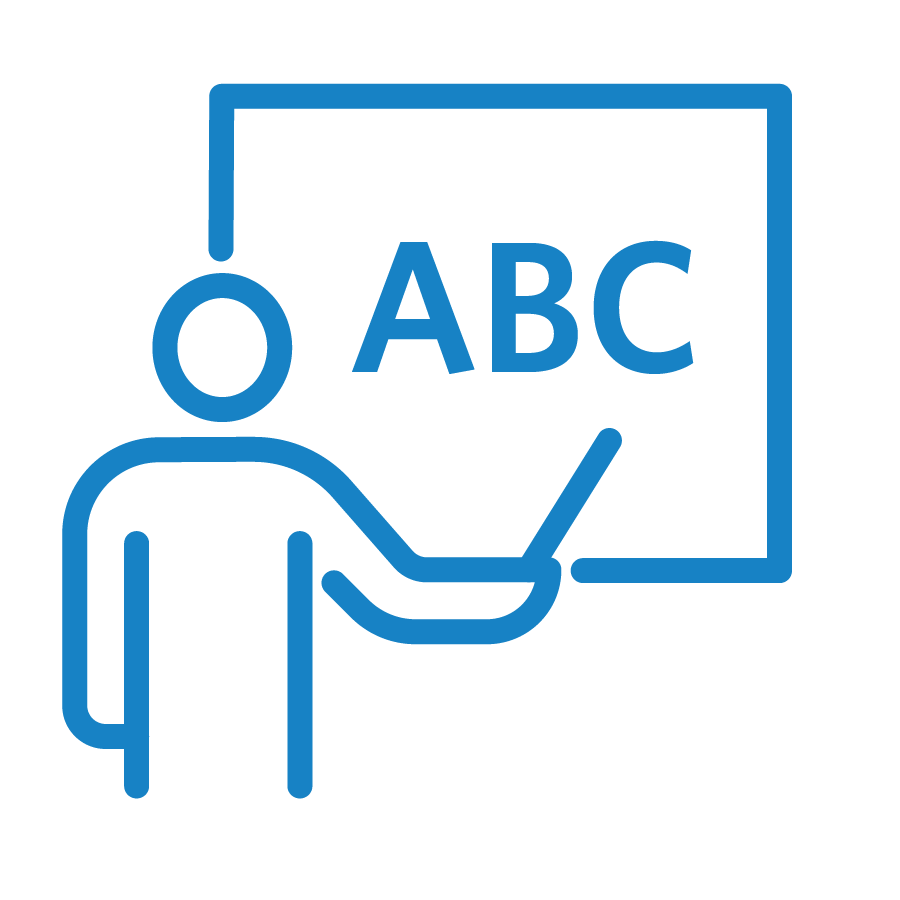Filter resources by:
Select a filter from the drop down menu to apply the filter. Page reloads upon selection
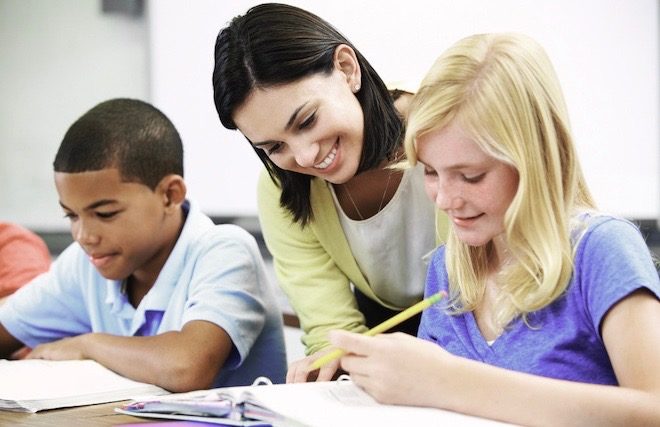
May 17, 2018
Evaluating the Social-Emotional Learning Approach
Why Teach Social Emotional Learning Skills? Research suggests that Social-Emotional Learning skills (self-awareness, self-management, relationship skills, social awareness, and responsible decision making) are a core component of student success. Learning is a social process, and schools are often the hub of students’ social interactions. If student progress is hampered by emotions, then learning cannot take
Read Strategy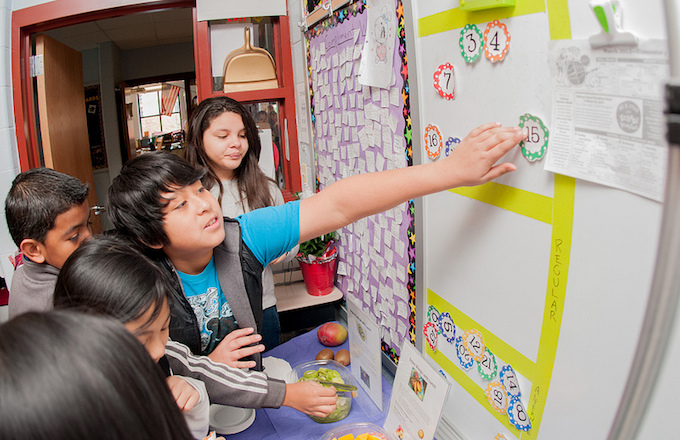
Apr 24, 2018
Responsible Decision Making (Social Emotional Learning)
What Skills are Associated with Responsible Decision Making? In order for students to effectively make responsible decisions, they must develop competency with the following abilities: Identify the problem: Students must be able to accurately recognize when they have encountered a problem. Problems can range from difficulty meeting the expectations in a classroom, to choosing whether or
Read Strategy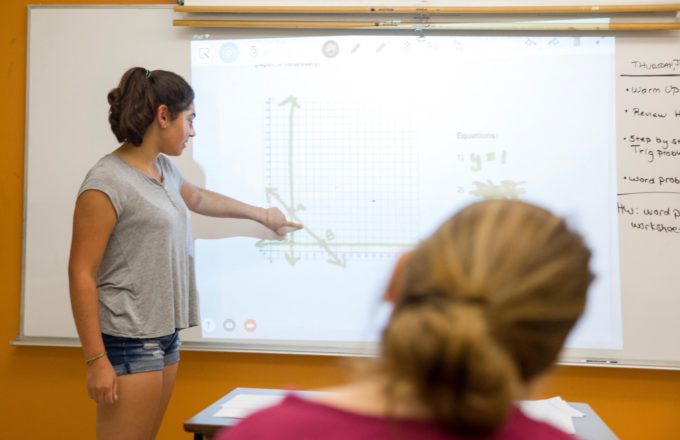
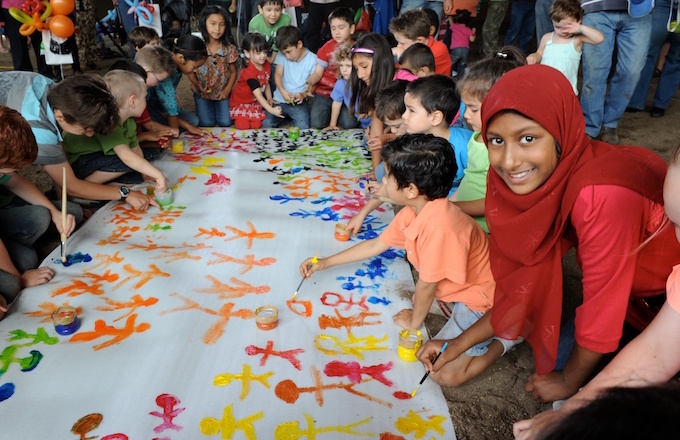
Mar 22, 2018
Social Awareness (Social Emotional Learning)
What Skills are Associated with Social Awareness? Based on the above definition, there are several skills that are associated with social awareness. In order to demonstrate this aspect of Social Emotional Learning, students need to develop awareness and abilities related to each of the following skills: Perspective-taking: Perspective-taking involves the ability to look at and understand
Read Strategy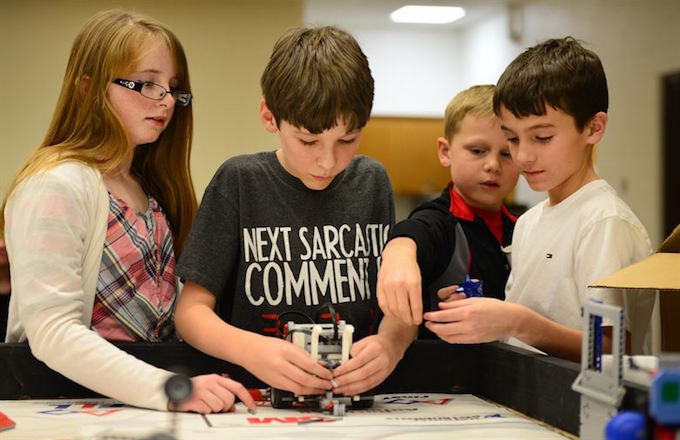
Feb 13, 2018
Social Emotional Learning: Developing Relationship Skills
Communicate clearly: Effective communication requires the use of “verbal and nonverbal skills to express oneself” (CASEL). Communication involves not only speaking clearly and conveying ideas appropriately, but also understanding body language, facial expressions, and gestures that can contribute to accurate delivery and perception. A strong sense of self-awareness can assist in building communication skills. Listen
Read Strategy
Feb 1, 2018
Meet the Authors: From Talking to Writing, 2nd Edition
by Terrill Jennings and Dr. Charles Haynes
Read Blog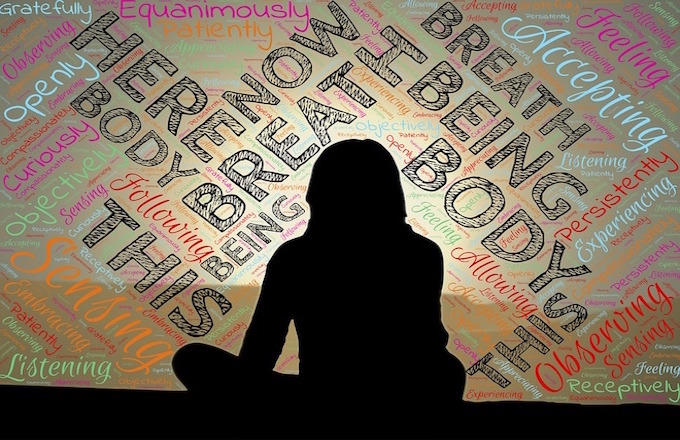
Jan 25, 2018
Mindfulness in the Classroom
Why Teach Mindfulness? Study outcomes suggest that mindful meditation decreases anxiety and detrimental self-focus, which, in turn, promotes social skills and academic success for students with learning disabilities (Beauchemin, 2008). Research over the years has identified benefits of mindfulness in each of the following areas: Social emotional health: The practice of mindfulness helps students to increase
Read Strategy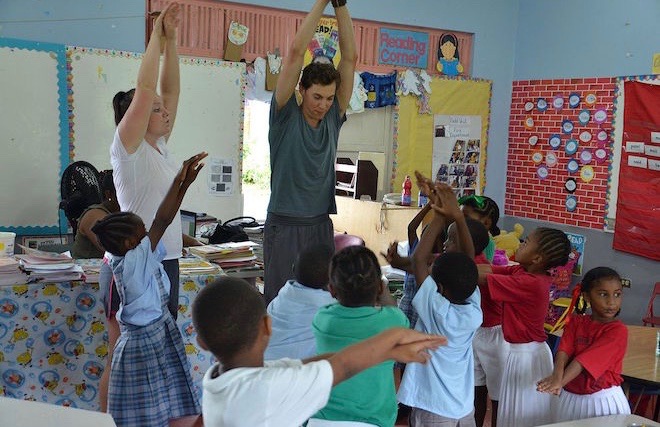
Dec 12, 2017
Self-Management (Social Emotional Learning)
What Skills are Associated with Self-Management? To possess self-management, one must develop the following skills and abilities: Impulse control – Impulse control relates to the idea of delayed gratification. This refers to the ability to distract oneself from a desire in order to delay that impulse. Impulse control, then, is the ability to not act on
Read Strategy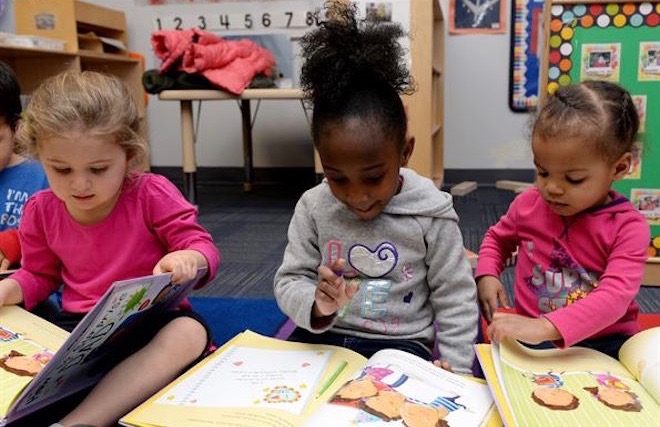
Nov 16, 2017
Self-Awareness (Social Emotional Learning)
What Skills are Associated with Self-Awareness? In order to be self-aware, one must be able to do the following: Identify emotions – It is important that students be able to recognize and identify emotions. In order to be aware of their own emotions and participate in activities that address those emotions, they must first be
Read Strategy